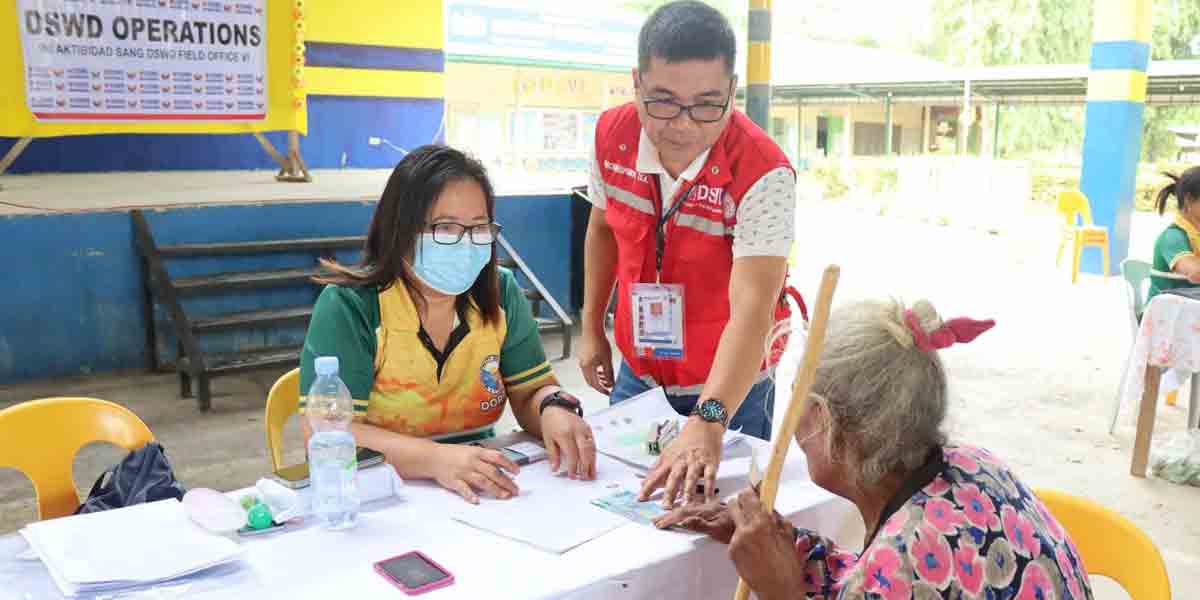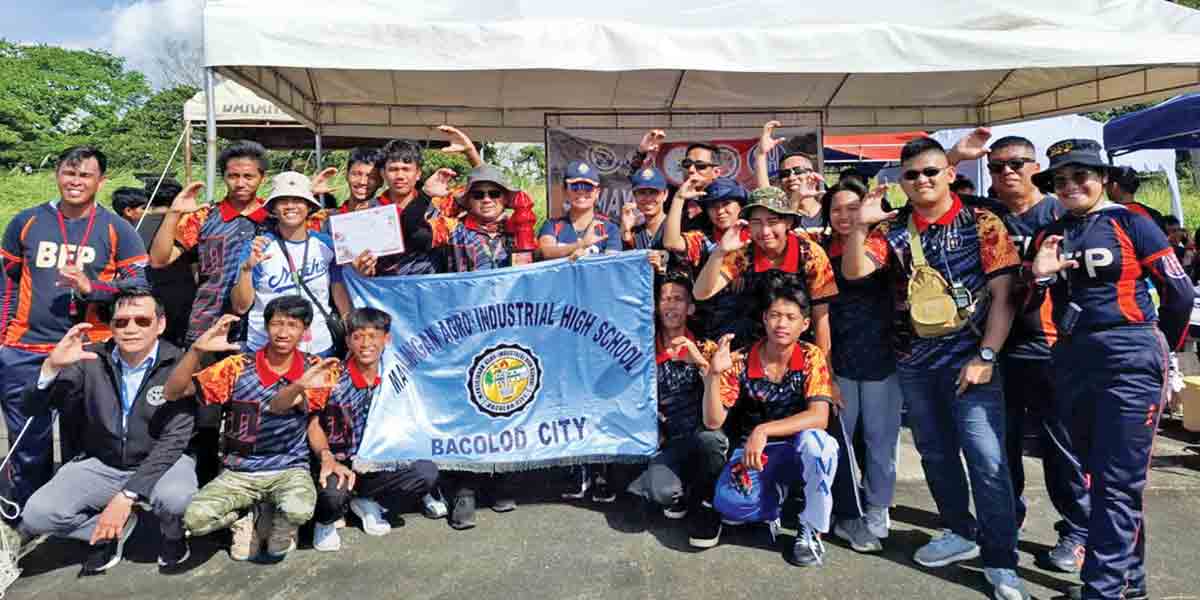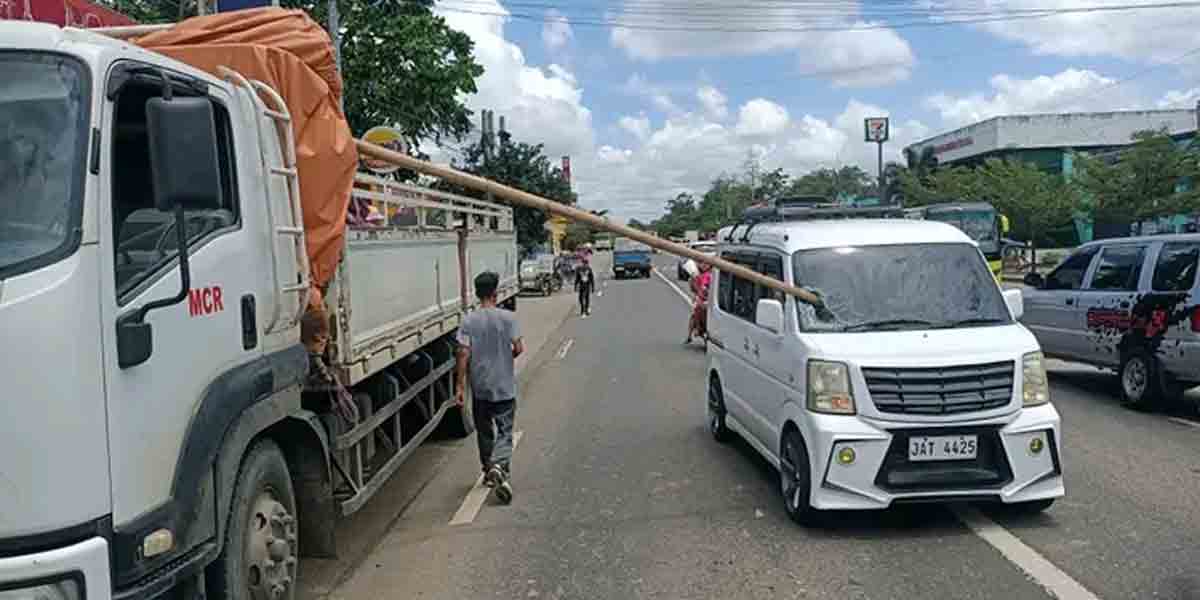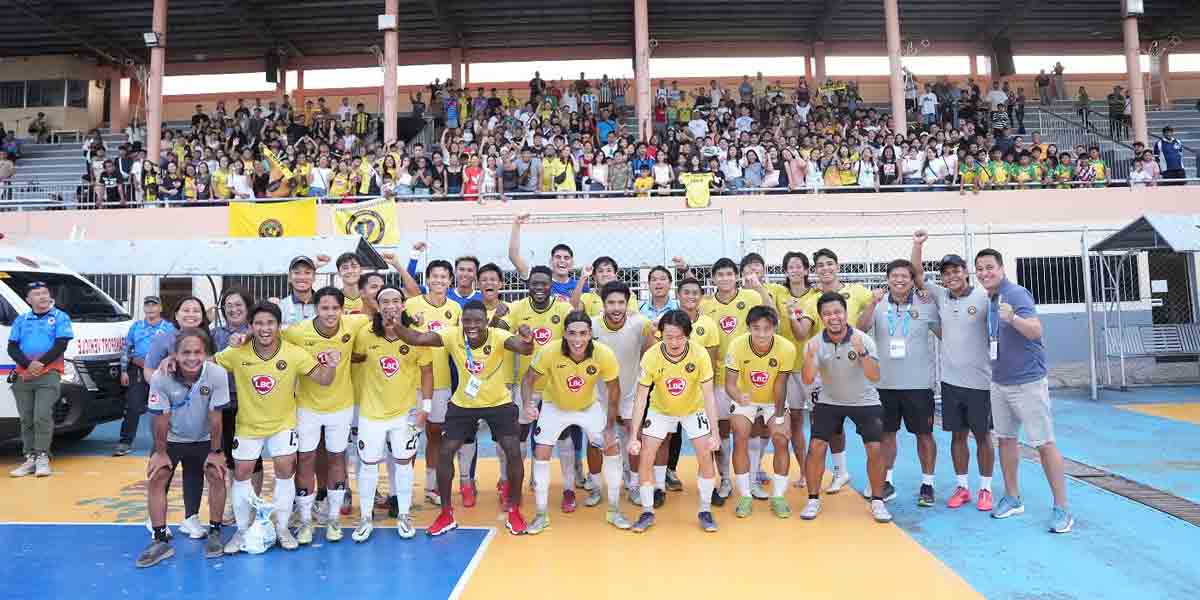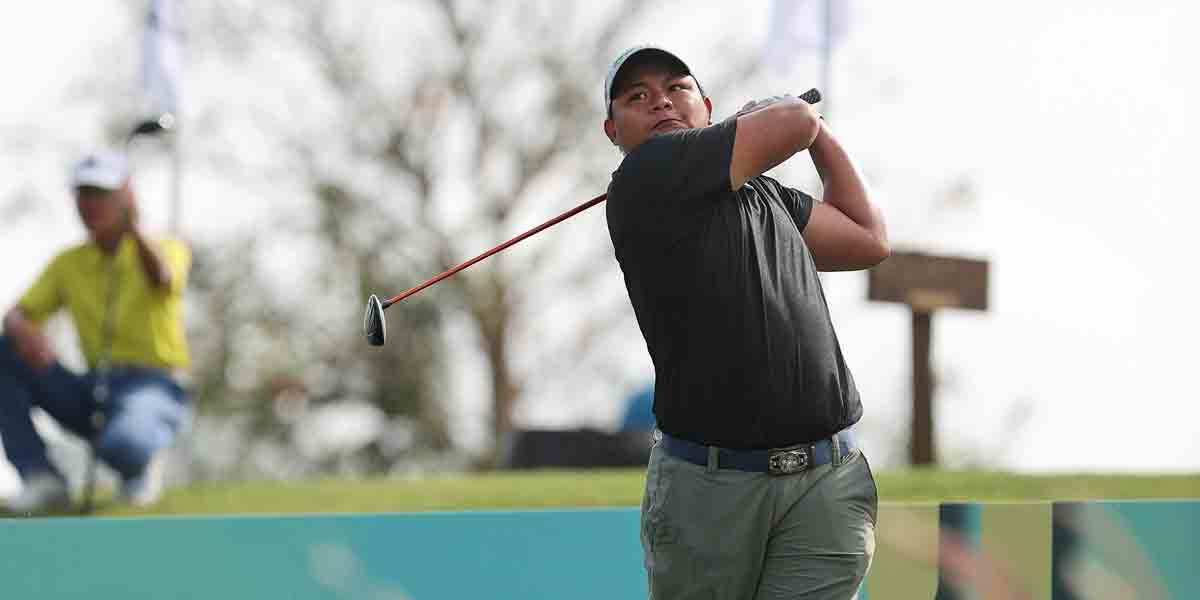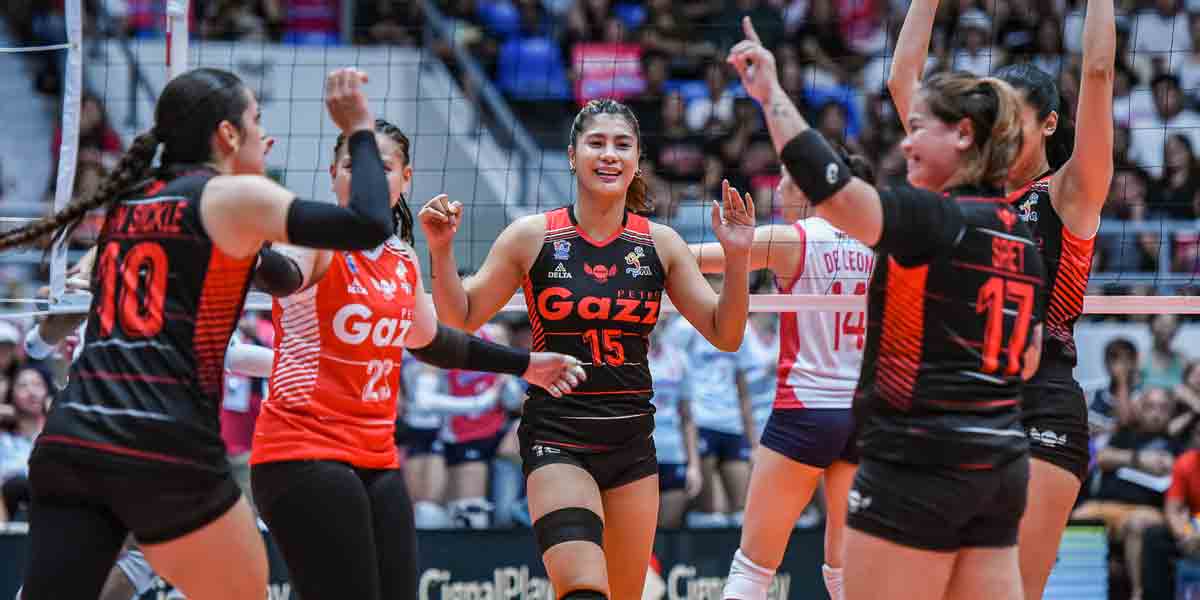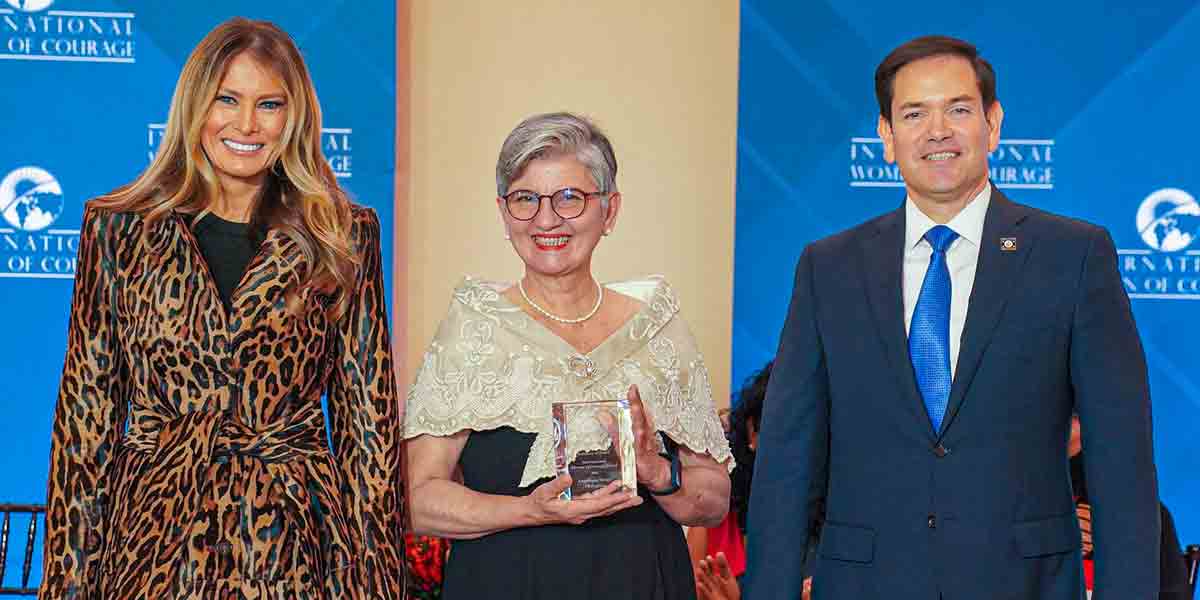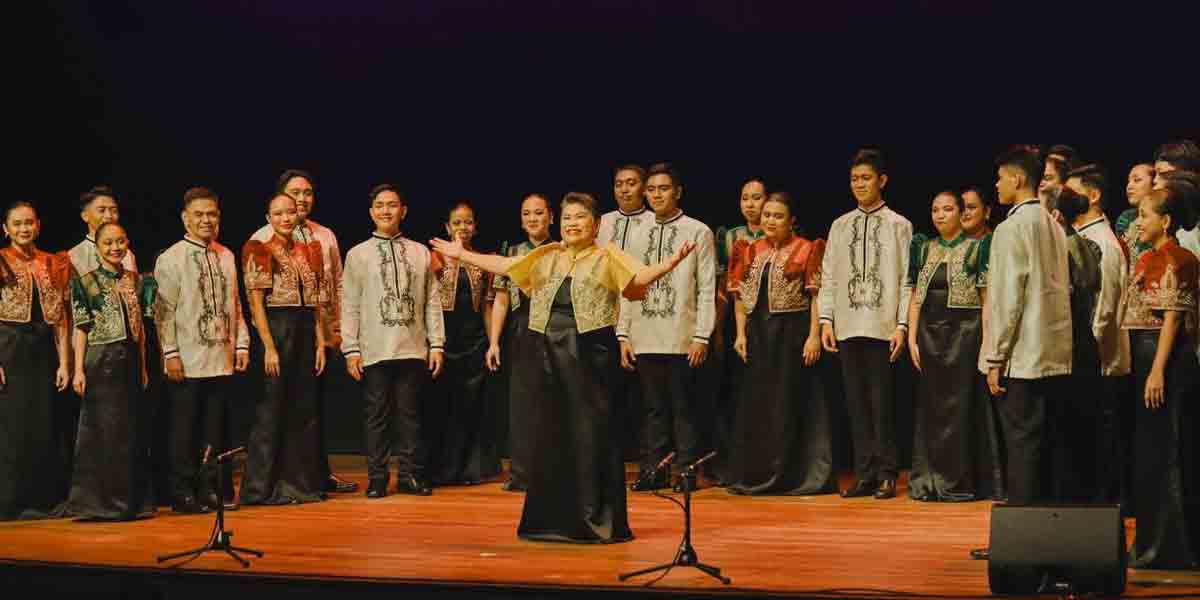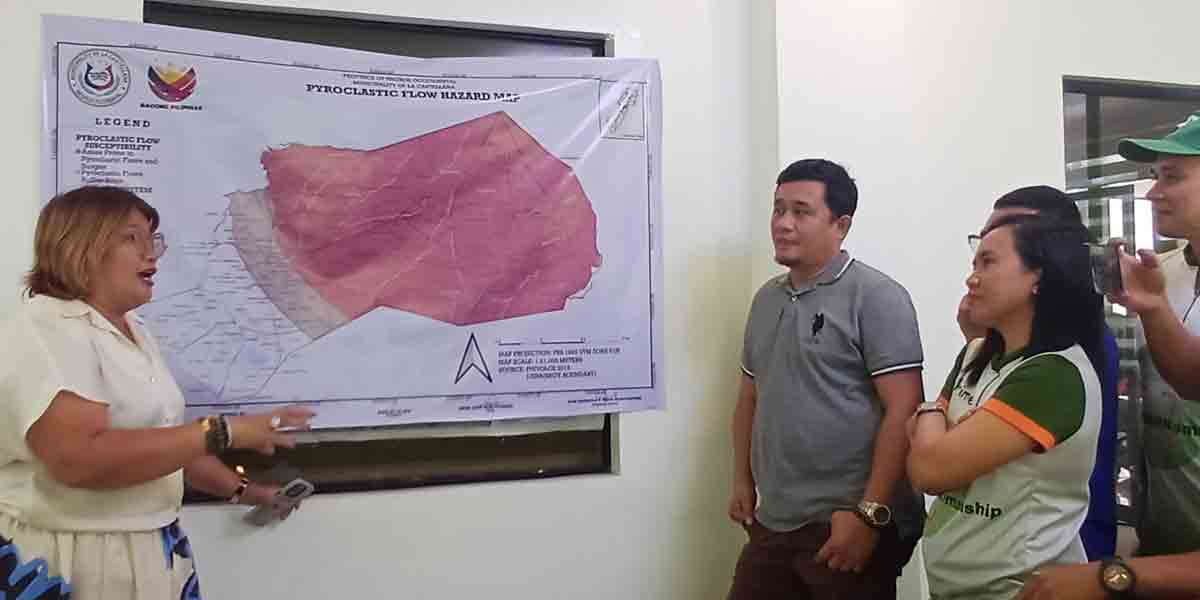By Artchil B. Fernandez
Three-Body Problem is a popular Netflix series based on the novel by Chinese science fiction author Liu Cixin. In the series, Earth faces an alien invasion from Trisolarans, who live on a planet in a solar system with three suns orbiting each other, creating a “three-body problem.”
In a two-body system, like the sun and Earth, gravitational attraction forms stable, unchanging orbits. Even in a binary star system with a stable gravitational center, planets can maintain steady paths. However, introducing a third star causes chaos, instability, and unpredictability—the essence of the “three-body problem.”
Physics has yet to solve this issue, which involves stabilizing three gravitational objects and predicting their orbits. For the Trisolarans, the solution is to leave their planet, Trisolaris in Alpha Centauri, and invade Earth.
Similarly, the Philippines faces its own “three-body problem” in politics, set to play out in the 2025 local and national elections. Currently, there are three major players: the Marcoses and Team Tigre, the Dutertes and Team Agila, and the Opposition (composed of pinklawans and the Left in various forms). Their interplay will shape the coming election, much like the unpredictable forces in the series.
The Marcoses and their allies dominate the political landscape. After regaining power, they are reluctant to let go. This led to a fallout with the Dutertes, who had looked toward 2028 as their time to rise again. However, the Marcoses had different plans, refusing to share key positions like the defense portfolio and the House Speakership, the latter of which was promised to Gloria Macapagal-Arroyo. The collapse of UniTeam, the alliance formed in 2022, stems from this failed power-sharing agreement.
The Marcoses’ relentless targeting of the Dutertes and their allies has solidified them as bitter adversaries. The Marcoses aim to marginalize, if not eliminate, the Dutertes from the political scene for their own survival.
To secure their dominance, the Marcoses are fielding a formidable Senate slate in the 2025 elections, composed of major political dynasties, former and current senators, and popular figures. Many of them are performing well in pre-election surveys, and backed by incumbency and well-entrenched political machinery, a Senate sweep by the administration is possible.
However, tensions emerged when Bongbong Marcos (BBM) announced the administration’s slate, prompting his sister, Imee Marcos, to run as an independent. Imee’s move appears to preserve her alliance with the Dutertes and attract their supporters. The outcome of the elections will determine whether her decision was wise or misguided.
The weakened Dutertes and their allies are fielding only three senatorial candidates, two of whom are incumbents. Defections and political opportunism have decimated the once-dominant alliance. The survival of their two incumbents will indicate whether Team Agila remains a significant force or is on the verge of collapse.
The Opposition faces its own struggles. Initially announcing three senatorial candidates, the pinklawans have now shrunk their slate to two. Their inability to form a strong coalition or recover the political momentum from the 2022 elections shows their precarious position. Nearly three years after their defeat, the pink movement has failed to define itself or regain its footing in the political landscape. Without clear direction, it risks becoming irrelevant as the rivalry between the Marcoses and the Dutertes dominates national discourse.
The Left, too, has struggled to reclaim its role in national politics. The Makabayan bloc is fielding an almost full Senate slate, while its rival, Partido Lakas ng Masa (PLM), has two candidates. Their performance in the 2025 elections will reveal whether they can regain influence.
The Marcos bloc is the strongest of the three forces, wielding immense influence through their control of the levers of power. However, their vulnerability lies in addressing pressing “kitchen table” issues like inflation and poverty. Bongbong Marcos’ promise of PHP 20-per-kilo rice has yet to be realized, representing a critical weak point for the administration. Failure to meet expectations could lead to significant political consequences.
Although weakened, the Dutertes remain key players in national politics. A June 2024 OCTA Research survey showed that 16 percent of the population still supports them. If they can leverage the Marcoses’ vulnerabilities, they may recover from their current political predicament. Additionally, their alignment with China should not be underestimated, as it could provide a strategic advantage.
For the Opposition, it is crucial to seize control of the national conversation and prevent being sidelined by the Marcos-Duterte rivalry, which some characterize as a battle between “kadiliman” (darkness) and “kasamaan” (evil). By reintroducing the narrative of kabutihan (goodness) into political discourse, the Opposition can challenge the dominance of Team Agila and Team Tigre.
The clash of these three political forces will shape the 2025 elections. Their interaction will determine whether the Philippines enters a period of political stability or further instability. Each faction will attempt to pull the public into its gravitational orbit, much like the unpredictable dynamics of the Three-Body Problem.

